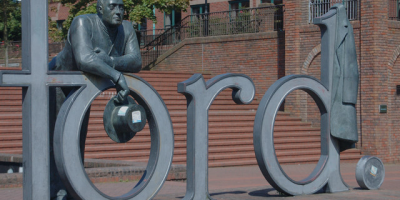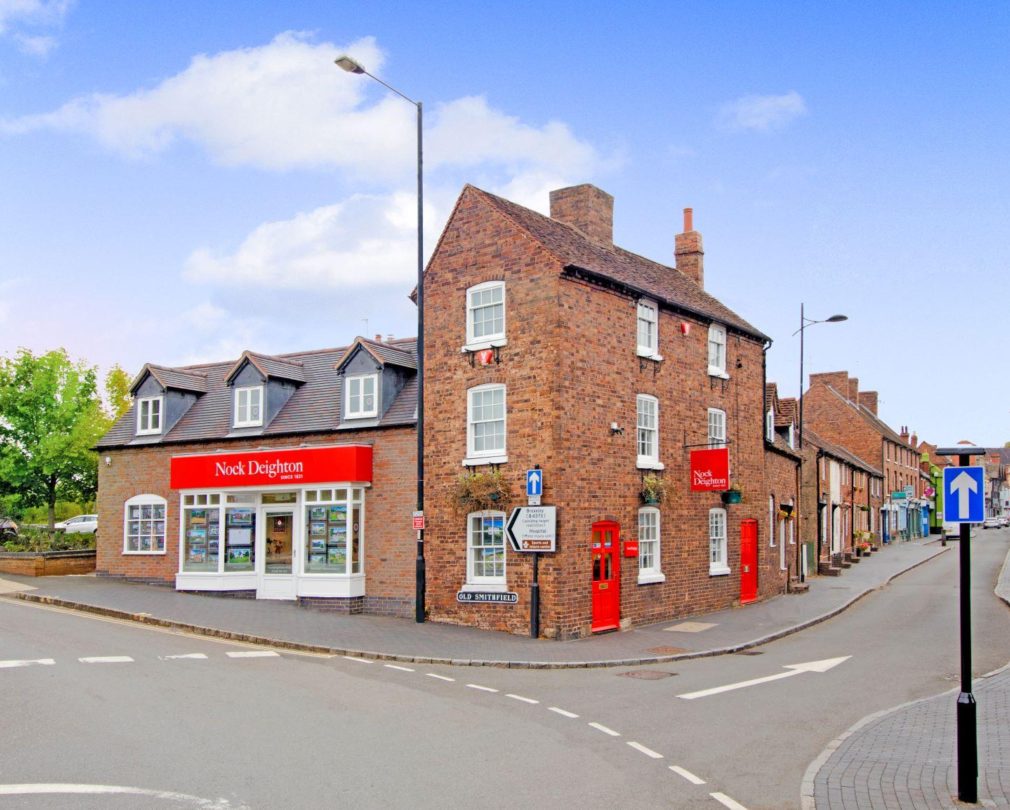
Frequently Asked Questions For First-Time Landlords
FREQUENTLY ASKED QUESTIONS FOR FIRST-TIME LANDLORDS
How much is my property worth?
A rental ‘value’ is an estimate of the level of rent that someone is prepared to pay to live in the property. To reach a figure we consider several factors –
- Location of property and level of demand for the area
- Size of property, number of bedrooms, reception rooms, bathrooms, overall floor area
- Condition of property – décor, age of kitchen/bathrooms
- Parking facilities
- Type of heating
- Availability of similar properties, their rental figures, and length of time on market
- Comparable properties let in the area within the last six months
- EPC/energy efficiency rating
All of the above affect the rental figure we recommend, and the 'letability'. Rents are rarely negotiable and we would expect a property to let at the figure that is asked.

Do I still pay the utility bills and council tax?
If letting as a single dwelling, you are only liable for the utility bills and council tax until the property is let, and the utilities are transferred into the tenant’s name from the first day of the tenancy. During void periods the landlord is also liable for the bills, and meter readings should be taken and confirmed at each check-in and check-out.
As part of our service, Nock Deighton arrange for the transfer of utilities at the beginning and end of each tenancy.
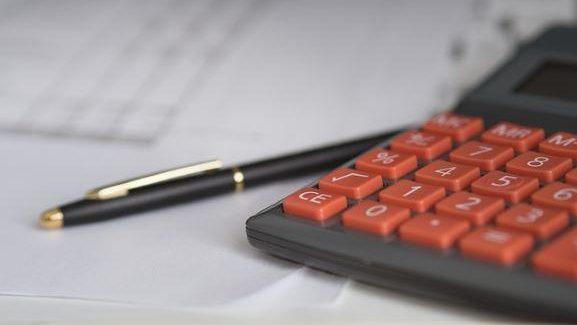
Can I specify no pets?
Many landlords don’t allow pets, so finding one that does can often be a challenge for renters, which means pet-friendly landlords can usually demand more rent.

Allowing pets opens up a wider audience, so it becomes a lot easier to find tenants, which can help minimise void periods. Allowing a tenant to have a pet could also encourage tenants to stay longer in a property. According to a recent survey by the Dogs Trust, 78% of pet owners have experienced difficulty finding accommodation that accepts pets.
Do I need to redecorate before I let?
The better condition the property is in to start with, the easier it is to let and tenants will be more likely to look after the property and maintain it well.
If redecorating prior to letting, it is advisable to provide a ‘blank canvass’ to allow tenants to bring in their furniture and colour and make it their own, whatever their tastes. Remember – white & grey is the new magnolia & beige!
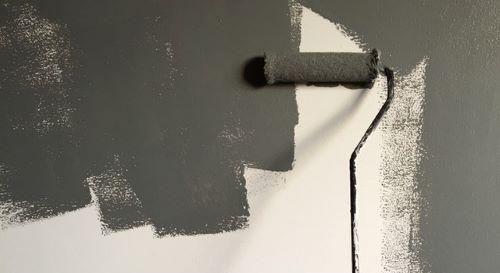
Are the tenants allowed to decorate?
A tenancy agreement should state that the tenant is not allowed to make any changes within the property without the prior written consent of the landlord, but it really should depend on how long you intend to let the property for.
For example, if you are looking to let your property for a short period (say 12 months) and intend to move back into it yourself, or sell the property, you may not want the tenants to change the colour scheme. However, if you are looking to let your property out long term and want your tenants to stay long term and make it their home, you might consider allowing them to change the colour schemes to suit (you could always add a provision that colours must be put back to existing when they leave).
‘Fair wear and tear’ should also be allowed for, so don’t expect to find the property in the same condition if your tenant moves out after 5 years, and request deductions from their deposit if it needs redecorating! A general guide is 3 years for main rooms. The condition of the décor at the beginning of the tenancy should also be taken into account.
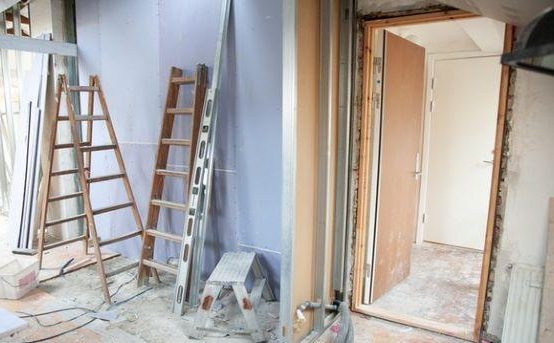
What safety checks do I need to do?
Legal requirements include –
- Annual Gas Safety checks – on all gas appliances. Your tenant should be provided a copy of the current Landlords Gas Safety Certificate prior to the tenancy commencement and after each annual safety check has been carried out.
- If your property has oil central heating, an annual safety check is also required
- Electrical Installation Condition Report (EICR) prior to commencement of the tenancy and at least every 5 years thereafter.
- Legionella Risk Assessment
- Portable Appliance Testing on all appliances provided
- Sweeping of chimneys (if usable)
- Smoke detectors – at least one on each floor
- Carbon monoxide detectors – in the same room as every gas appliance and solid fuel appliance
Your property should also be free from any potential hazards, e.g. loose/uneven paving slabs should be refixed.
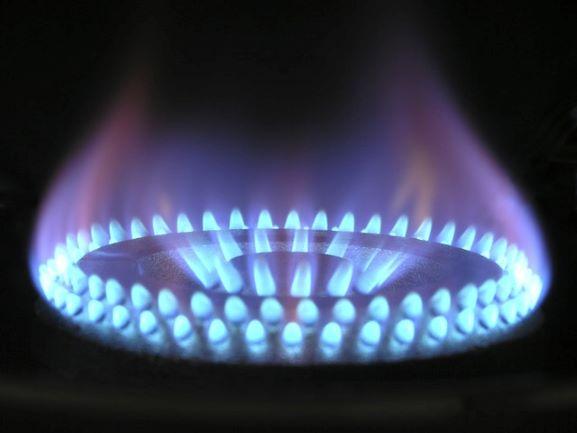
What insurances do I need?
- Buildings insurance – you should notify your existing insurer that you intend to let your property, as your existing policy may not cover essential items if the property is let. A specialist policy for rented properties is advisable, as this will provide you with more cover for any eventuality, and sufficient public liability insurance
- Contents insurance – even if you intend to let your property unfurnished, contents include carpets, window coverings, kitchen fittings, light fittings, etc, so it is advisable to tag a ‘minimum contents cover’ to your buildings policy. Tenants should insure their own contents.
- Boiler/plumbing/drainage insurance (optional) can be obtained through British Gas, and covers all callouts and parts – this can be paid monthly and helps landlords to manage outgoings easily
- Rent Guarantee and Legal Expenses insurance (optional) for complete peace of mind. It helps to protect you, as a landlord, from being at risk if your tenants have difficulty paying their rent. Rent guarantee can be an invaluable policy for landlords who rely on rental income. It should also include all legal and court costs to gain possession of the property in such unfortunate circumstances.

What happens if the tenants don’t pay the rent?
Tenants are legally required to pay the rent in accordance with the terms of the tenancy agreement (usually monthly in advance). If the rent becomes two months in arrears (outside Coronavirus Act 2020) a landlord can commence court proceedings to gain possession and apply for arrears to be repaid.
However, even after thorough reference checking and credit searches, anyone can fall upon hard times, and good communication at the early stages can usually help to resolve these matters and prevent them from escalating. Gaining an understanding of the tenant’s situation can lead to discussions about different options available. A good Rent Guarantee and Legal expenses insurance should cover any rent losses and additional costs should the situation be unresolved in this unfortunate eventuality.

How often do you carry out inspections?
If your property is managed by Nock Deighton we will carry out a property visit initially after three months and (if the property is being looked after) six-monthly thereafter, for the remainder of the tenancy. A property visit includes a visual inspection of every room within the property, the gardens, and the outside of the property. A written report is provided together with photographs.
During the inspection, we check the number of occupants, children, signs of pets, maintenance issues, and any changes the tenant may have made. We also lookout for signs of mould/condensation and advise tenants on how to manage this, we test the smoke alarms and carbon monoxide detectors too.
Property Visits not only keep the landlord up to date with the condition of the property, but they also help us to maintain a good relationship with the tenants, to ensure they are happy and are looking after their interests too.

What if the tenant trashes my property?
We’ve all seen and heard the ‘Nightmare Tenants’ stories on the TV, which (having spoken to the presenter first hand) in most cases are true stories involving landlords who have not carried out pre-tenancy checks, not created proper tenancies, and/or not used a reputable managing agent!
Having let and managed properties for over 30 years, the majority of post-tenancy issues we deal with involve minor cleaning and gardening. Understandably, most people are more interested in the property they are moving to than the one they are moving from, but a gentle reminder of what they need to do prior to leaving usually reduces any potential issues here.
A deposit equivalent to 5 weeks’ rent is usually payable by the tenant at the start of the tenancy, which should be registered with one of the Government approved deposit schemes by the landlord/agent. The tenancy agreement should clearly state what deductions can be made from the deposit at the end of the tenancy, and an adjudication process is provided if the landlord and tenant do not agree.
Having a detailed Inventory and Schedule of Condition with photographs prepared prior to the tenancy commencement will always help to justify any deposit claims at the end of the tenancy.
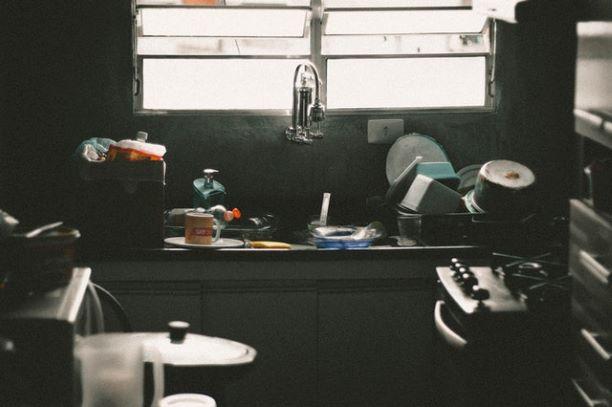
If you would like any advice on letting your property, please feel free to contact me.
Dawn Clarke
Lettings Director
07967 209011




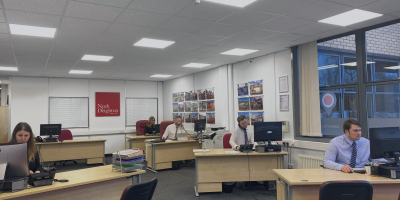





 Payment
Payment
